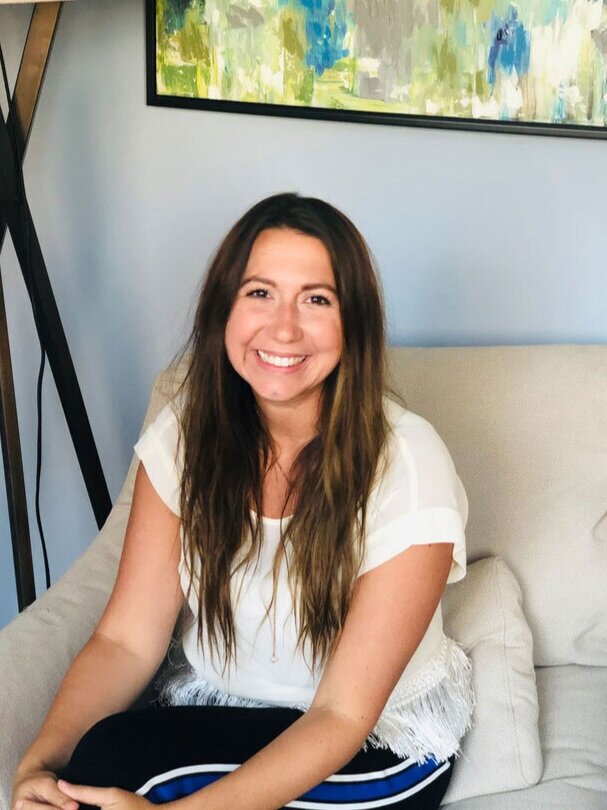Do your conversations become heated quickly? This might be why.
Are you in a relationship where small issues seem to escalate quickly?
You're not alone.
It's a common challenge for couples to bring up an issue in a way that is productive.
For some people it is more than a challenge - it seems downright impossible. The Gottman Institute and Dr. John Gottman found that the first three minutes of a conversation predict where it is going to go. While observing couples, he found that when couples began their conflict conversations "harshly" the conversation was likely to end badly. He calls this a "harsh start up”. Harsh startups include using criticism or contempt to begin the conversation or using a tone of voice that expresses aggression. Harsh startups can also occur if you are choosing "inopportune" moments to bring up the issue.
A harsh startup is likely to elicit defensiveness, stonewalling, and more criticism from your partner. This is because if people feel attacked or caught off guard, their nervous system is going to be impacted. And, once this happens, it is unlikely they can access the part of their brain that allows for "reasonable" conversation. And, the fact that you started "harshly" likely means that you were also not in a relaxed state.
If you find that your conversations frequently go off the rails, you might consider whether a harsh start up is at play.
Ask yourself:
When I approach an issue with my partner how do I begin the conversation?
What is my tone like?
What does my body language say?
In which moments do I bring up issues?
If you think you use harsh start up in your conversations, you can begin to practice a more effective means of bringing up a conversation: The Gentle Startup.
Gentle startups help couples to have conflict conversations
Using gentle start up improves the likelihood that the conversation will go in the right direction. It reduces both criticism and defensiveness.
The template for gentle start up is:
When (this happens)I feel (insert emotion)I need (insert positive need) This might look like: "When I come into the house and the dishes are in the sink I feel so stressed. I really need us to figure out a solution." "When we are spending time together and we don't hold hands or cuddle I feel so lonely. I need affection." "When we are in an argument and I hear your voice get louder, I feel afraid and shutdown. I need us to speak with calm voices".
A note on "I feel statements"
Many people use "I feel" statements in an attempt to thwart criticism. They believe they are using "I statements" accurately and yet they still receive defensiveness in response. This is often because the "I statement" is being used to veil criticism rather than truly speak for the self or to share a thought or an opinion and not a feeling.
Here are examples:
"I statement": I feel frustrated about how this conversation is going"
Not an I statement: "I feel you are very rude".
I statement: "I feel sad about how our night went".
Not an I statement "I feel like you don't even care about me" .
The more often you use gentle startup and work on speaking on your feelings with true I statements, the less likely it is that your conversations will escalate into defensiveness and criticism. Because, when the conversations go that way we all feel defeated and we really just need to connect. (did you see what I did there?).
Elizabeth Earnshaw, LMFT Couples Therapist, Philadelphia
Elizabeth
Elizabeth Earnshaw, LMFT is a licensed marriage therapist and Certified Gottman Therapist in Philadelphia, PA. She is passionate about helping individuals improve their communication skills so that they can have healthier and more fulfilling relationships.
In Pennsylvania and ready to get support?
We offer online (anywhere in PA) and in person therapy (Philadelphia office) for individuals, couples, and families. You can schedule online 24/7.



